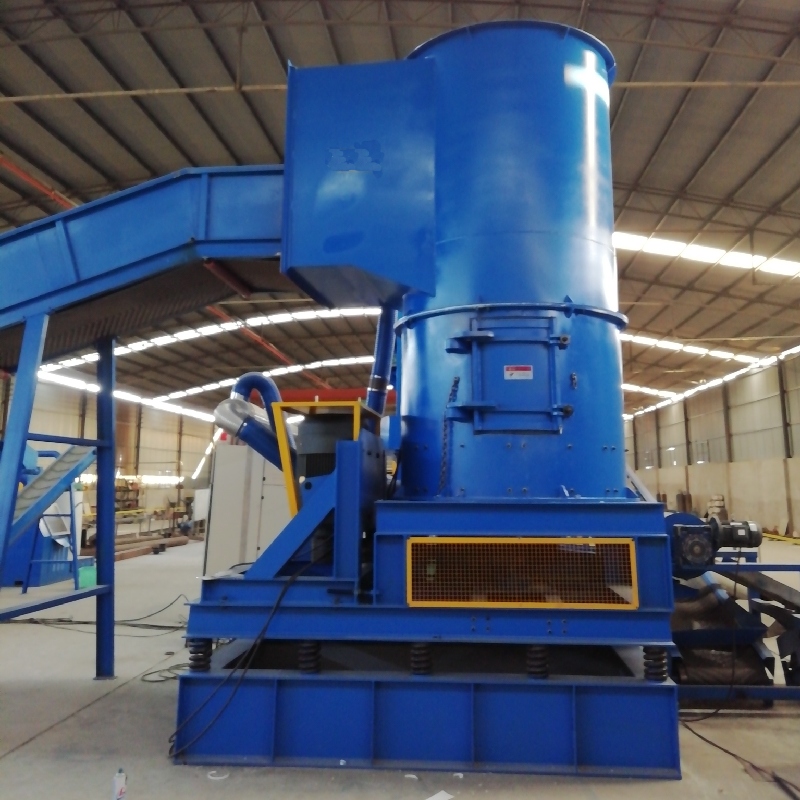

Қар . 24, 2024 19:57 Back to list
The Importance of Steel Scrap Recycling Plants
In a world increasingly focused on sustainability and ecological balance, the significance of steel scrap recycling plants cannot be overstated. These facilities play a crucial role in the circular economy by reprocessing scrap metal into new raw materials, thereby reducing waste, conserving natural resources, and minimizing the carbon footprint associated with steel production.
Overview of Steel Scrap Recycling
Steel is one of the most recycled materials on the planet. According to estimates, approximately 70% of all steel produced globally comes from recycling. Steel scrap recycling plants accept various forms of discarded steel, including old vehicles, appliances, construction debris, and manufacturing offcuts. The recycling process involves collecting, sorting, and processing these materials, eventually melting them down and reforming them into new products. This cycle not only helps to sustain steel production but also reduces the need for virgin materials, effectively conserving finite resources like iron ore.
Environmental Benefits
One of the most significant advantages of steel scrap recycling is its positive impact on the environment. Recycling steel reduces energy consumption substantially. The production of new steel from scrap requires up to 60% less energy compared to using raw materials. This reduction in energy consumption not only decreases greenhouse gas emissions but also combats climate change.
Furthermore, recycling steel conserves water and reduces pollution. The extraction and processing of raw materials often involve harmful chemicals and large water consumption. In contrast, steel recycling minimizes these adverse effects. By operating steel scrap recycling plants, we can divert millions of tons of steel waste from landfills, thus further reducing soil and water contamination and promoting healthier ecosystems.
Economic Advantages
Beyond the environmental impact, steel scrap recycling plants also contribute significantly to the economy. They create jobs, ranging from the operations in the plants to transportation and service roles associated with the industry. Additionally, recycling supports local economies as these facilities often source scrap from nearby businesses and consumers, fostering a sense of community and local engagement.

Moreover, the global demand for recycled steel continues to rise, driven by the increasing awareness of sustainability and the economic viability of reprocessing materials. The recycled steel market is expected to grow, providing further opportunities for investment and job creation in steel scrap recycling plants.
Technology in Steel Recycling
Advancements in technology have significantly improved the efficiency and effectiveness of steel scrap recycling. Modern recycling plants employ sophisticated machinery and processes, such as shredders, magnets, and eddy current separators, to sort and process scrap metal efficiently. These innovations allow for a greater purity of recycled steel, which is vital for maintaining quality standards in new steel products.
Additionally, the integration of data analytics and automation in recycling operations enhances productivity and minimizes waste. Smart technologies can monitor recycling processes in real-time, optimizing operations and ensuring that materials are processed as efficiently as possible.
Challenges and Future Outlook
Despite the clear benefits, steel scrap recycling plants face several challenges. Fluctuating market prices for scrap metal can affect operations, making it essential for recycling facilities to adapt to market conditions continually. Moreover, the rising complexity of materials, due to technological advancements in products, necessitates improved recycling methods to ensure that as much steel as possible can be recovered.
Looking forward, the future of steel scrap recycling plants appears promising. As industries and consumers alike increasingly prioritize sustainable practices, the demand for recycled materials is likely to continue to rise. Moreover, with ongoing innovations and a growing awareness of the necessity for recycling, steel scrap recycling plants will play an indispensable role in building a sustainable, circular economy.
Conclusion
Steel scrap recycling plants are essential components of modern society, offering substantial environmental and economic benefits. As we move towards a more sustainable future, the importance of these facilities will only grow, highlighting the need for continued support and investment in recycling initiatives. By prioritizing scrap steel recycling, we not only preserve natural resources but also build a more sustainable future for generations to come.
Latest news
Troubleshooting Common Eddy Separator Problems
NewsJul.04,2025
The Role of Metal Recycling Plants in Circular Economy
NewsJul.04,2025
The Impact of Recycling Line Pickers on Waste Management Costs
NewsJul.04,2025
Safety Features Every Metal Shredder Should Have
NewsJul.04,2025
How Industrial Shredders Improve Waste Management Systems
NewsJul.04,2025
How Cable Granulators Contribute to Sustainable Recycling
NewsJul.04,2025